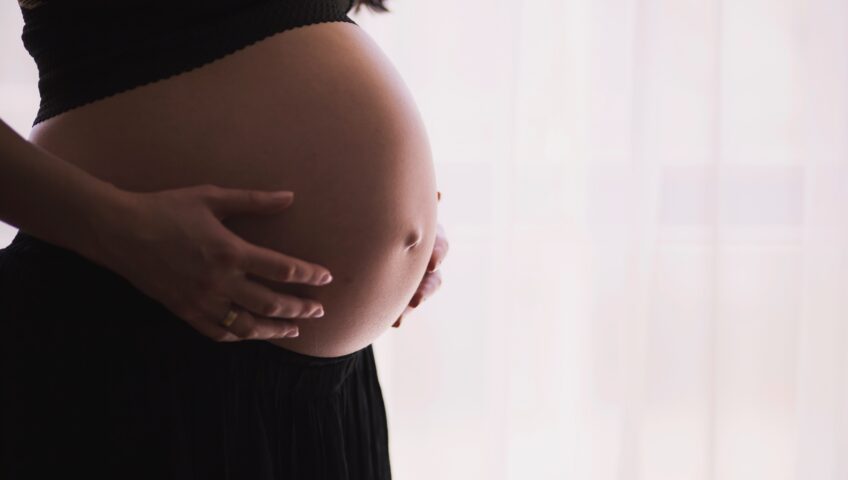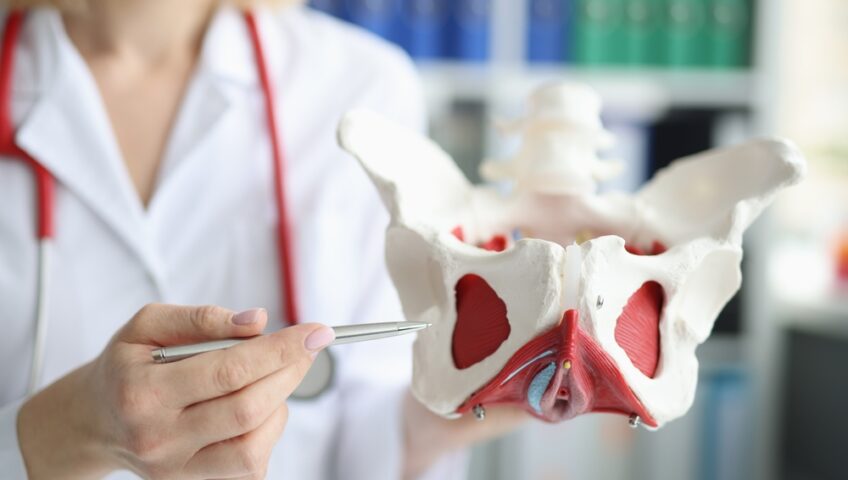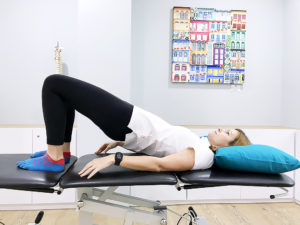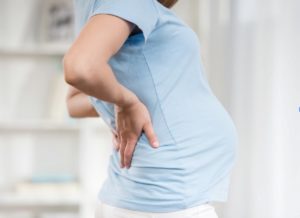
Pregnancy Problems: Diastasis Recti Abdominis
Pregnancy can be a breeze for some, but for others, complications may arise. They can affect the mother’s health, baby’s health, or both. These complications can occur before, during, and after pregnancy. Therefore, it’s important for women to receive medical care throughout her pregnancy to reduce the risk of complications. In this article, we’ll go through some of the most frequently asked questions about a common pregnancy issue: Diastasis Recti Abdominis (DRA).
Read more




